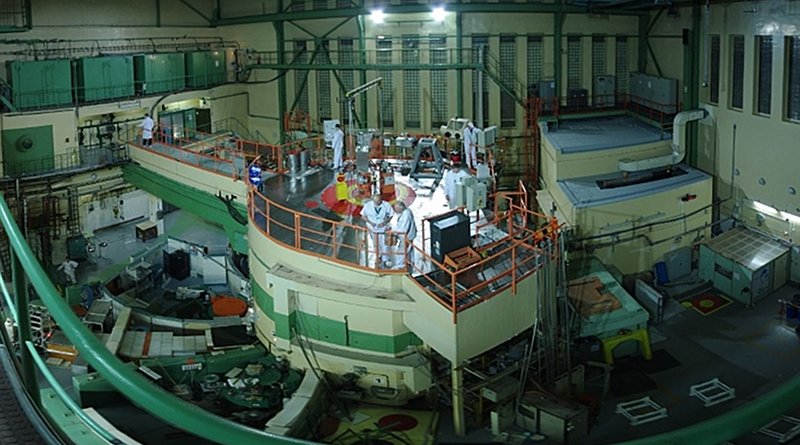Rosatom Plans Fuel Research In Czech Republic
TVEL and the Czech research center Řež have signed a cooperation agreement in materials science studies and research. TVEL, the nuclear fuel manufacturer subsidiary of Russia’s Rosatom, announced today that Czech scientists will conduct experiments on the irradiation of nuclear construction materials in the CVŘ research reactor and also carry out pre-irradiation and post-irradiation studies.
The research will focus on the behaviour of the construction materials of nuclear fuel assemblies, including zirconium, chrome-nickel and steel alloys, as well as some other prominent materials. The studies are intended to “validate the operational characteristics of Russian-made nuclear fuel”, TVEL said.
Alexander Ugryumov, TVEL vice-president for research and development, said: “Řež research centre has highly professional staff and up-to-date infrastructure for materials science studies for the nuclear industry. In considering the materials of TVEL fuel assemblies, we are interested in studying their corrosion resistance, creep flow, structural properties, fatigue performance, experiments for dry storage and testing within supercritical water parameters.” Study data from a non-Russian research centre will provide “additional confirmation of the quality of our products”, he added.
The CVŘ infrastructure includes a light-water research reactor, technological water loop modelling conditions of various reactor types, hot and medium-hot cells for irradiated materials analysis and also a number of certified laboratories for mechanical and structural research of irradiated and non-irradiated materials, TVEL said.

